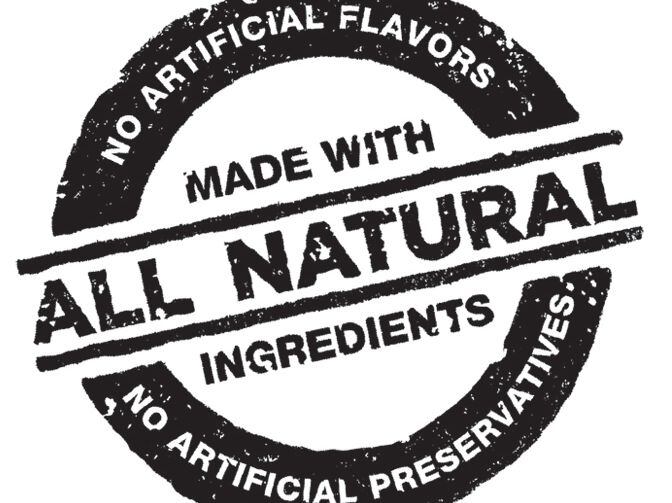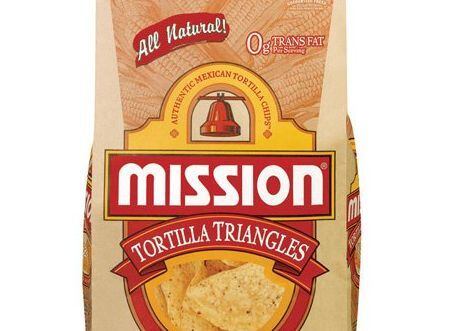Frito-Lay North America had argued that the lawsuit - which alleges it deceived consumers with ‘all natural’ claims on Tostitos, SunChips and Fritos Bean Dips made with GMOs - should be dismissed pursuant to the primary jurisdiction doctrine, or at least put on ice while the FDA decides if GMOs belong in ‘all-natural’ foods.
But US district Judge Roslynn R. Mauskopf disagreed.
Frito-Lay’s request to dismiss, or stay, this action for the FDA to address whether foods containing bioengineered ingredients may be labeled ‘natural’ is unwarranted
In her August 29 order on case - which consolidates actions filed in multiple states - she said the judicial system was more than capable of addressing whether Frito-Lay has marketed products in a way that could mislead a reasonable consumer.

“This Court does not find persuasive the reasons for invoking primary jurisdiction in those cases [similar lawsuits vs Gruma Corp and General Mills have been stayed to give the FDA time to decide if GMOs belong in 'natural' foods].
"The issues of fact in this case are, in fact, ‘within the conventional experience of judges’.
“Frito-Lay’s request to dismiss, or stay, this action for the FDA to address whether foods containing bioengineered ingredients may be labeled ‘natural’ is unwarranted.”
Her ruling came just days after JM Smucker’s attempts to dismiss a lawsuit accusing it of misleading consumers with ‘all-natural’ claims on Crisco oils were dismissed by a judge in California on similar grounds. (Click here.)
The FDA is unlikely to respond in a timely manner to any referral from this Court
On a more practical level, added Mauskopf: “The FDA is unlikely to respond in a timely manner to any referral from this Court.
“The agency would need far more than six months to define the term 'natural', or pass on whether foods containing bio-engineered ingredients may be labeled as 'natural', and would likely open that deliberation to public notice and comment.

“In an analogous situation, the FDA took nine years to define the requirements a manufacturer must meet before it can label a food gluten-free.”
Numerous district courts have declined to invoke primary jurisdiction in state-law consumer protection cases
She added: “There is no telling, if it even chose to respond with any directive to the Court’s referral, how the FDA would define the term [‘natural’], and whether its definition would shed any further light on whether a reasonable consumer is deceived by the 'All Natural' food label when it contains bio-engineered ingredients.
“Furthermore, numerous district courts have declined to invoke primary jurisdiction in state-law consumer protection cases so that the FDA may pass on whether a food may properly be labeled natural.”
However, in her order granting in part and denying in part Frito-Lay’s motion to dismiss the case, she went on to dismiss most of the other claims made by the plaintiffs, including all claims against Frito-Lay's parent company PepsiCo, claims of intentionally misrepresentation, and claims of breaches of warranty and express warranty.
The case is No. 1:12-cv-00854: Julie Gengo et al v. Frito Lay North America.
What is natural?

With respect to the use of the term ‘natural’ on food labels, the FDA published non-binding guidance in 1993 saying natural means that “nothing artificial or synthetic (including all color additives regardless of source) has been included in, or has been added to, a food that would not normally be expected to be in the food”.
But it did not clarify the status of foods containing HFCS, GMOs and a raft of other ingredients that many stakeholders believe do not belong in a product labeled as ‘all-natural’.
The issue of whether GMOs belong in ‘all-natural’ products - which is at the center of a growing number of class action lawsuits against big food brands - has also featured heavily in the recent debate over GMO labeling. For example, some state-led GMO labeling initiatives stipulate that products containing GMOs should not be labeled as ‘natural’.
In a guidance document you can read here, the FDA says it is “not aware of any data or other information that would form a basis for concluding that the fact that a food or its ingredients was produced using bioengineering is a material fact that must be disclosed [on food labels]. FDA is therefore reaffirming its decision to not require special labeling of all bioengineered foods.”
Click here to read more on the Smucker lawsuit and hear what leading attorneys following these cases think about it all...
